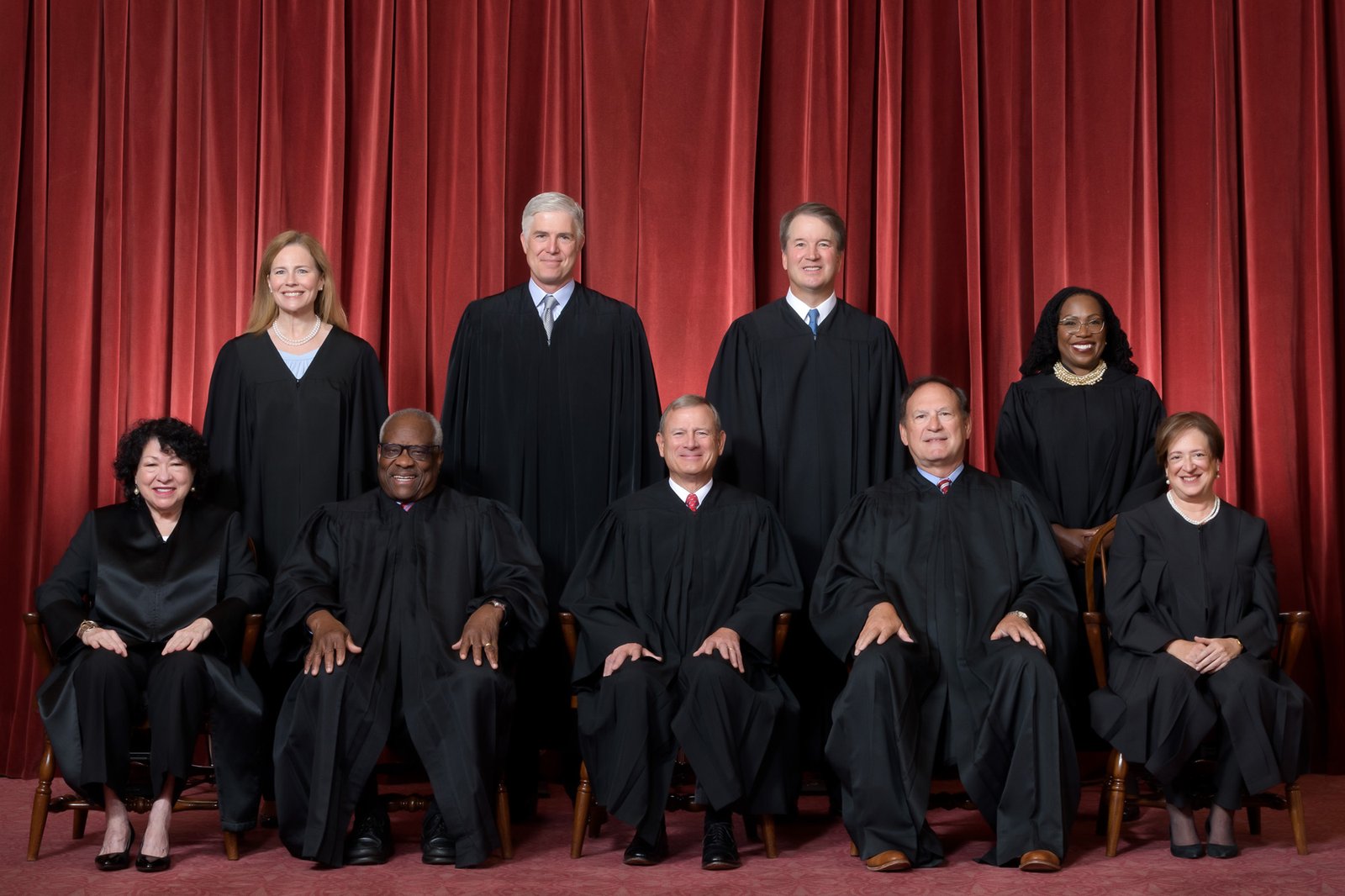By Headline Living
The U.S. Supreme Court on Friday allowed the Trump administration to continue withholding more than $4 billion in congressionally approved foreign aid, issuing a late-night order that could permanently block the money from reaching humanitarian and democracy-promotion programs around the globe.
In an unsigned emergency order, the justices stayed a lower court’s injunction that would have required the State Department to obligate the funds before they expire at the end of the fiscal year. The Court emphasized that the stay was preliminary, not a final ruling, but the timing means the money could vanish regardless. Full order here.
Who Dissented

Justice Elena Kagan, joined by Justices Sonia Sotomayor and Ketanji Brown Jackson, blasted the majority’s move. She warned that the effect of the order “is to prevent the funds from reaching their intended recipients, not just now but … for all time.” Read Kagan’s dissent (PDF).
The conservative majority did not sign an opinion but effectively sided with the administration, citing harms to the president’s conduct of foreign affairs and doubts about whether aid groups have legal standing to sue under the Impoundment Control Act of 1974.
Legal Background
Congress passed the Impoundment Control Act in 1974 to stop presidents from unilaterally refusing to spend appropriated funds. In Train v. City of New York (1975), the Court held that the executive cannot frustrate Congress’s clear spending directives. Later cases, including Clinton v. City of New York (1998), reinforced Congress’s “power of the purse.”
But the Court has never squarely ruled on whether intended beneficiaries can enforce the Act in court. Friday’s stay suggests a majority is skeptical. More analysis at SCOTUSblog.
What’s at Stake
The frozen aid includes funding for United Nations peacekeeping, global health initiatives, and democracy programs in fragile states. With the fiscal year ending Sept. 30, contractors and NGOs warn that canceled grants could mean layoffs, shuttered projects, and disruption of services to vulnerable communities worldwide.
“This is not just an abstract fight between branches of government,” said one aid coalition leader. “It’s food, medicine, and stability that’s on the line.”
Is the President Stronger Than Congress Now?
Not legally, at least not yet. The Court stressed that the order was temporary and should not be read as a decision on the merits. But practically, the administration has already gained leverage: by delaying until funds expire, it can sidestep Congress’s appropriation decisions without openly defying the law.
That dynamic alarms critics like Kagan, who warned that unchecked impoundment “hollows out Congress’s core spending power.”
The case will continue in the D.C. Circuit and could return to the high court for a full ruling. Until then, the aid remains frozen … and the constitutional balance of power hangs in the balance.




